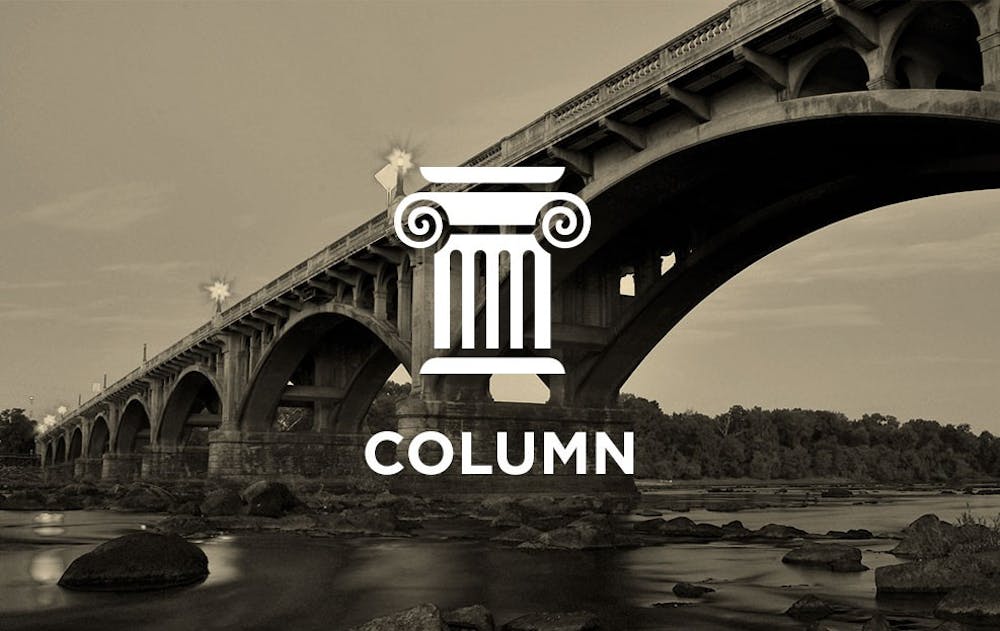Science tells us that every species currently in existence is only a minute fraction of vast numbers of species that have long since come into existence, lived and died out. The animals and plants we see now are the products of ruthless competition in which the losers have gone extinct. Extinction is merely part of the blind force of natural selection driving all biological life. So why should we be concerned if human activity causes species to go extinct?
Evolution would have us believe that humans are nothing more than advanced animals. Charles Darwin claimed, “the difference in mind between man and the higher animals, great as it is, certainly is one of degree and not of kind.” In that case, then however advanced we may be, there can be no moral difference in humans driving a species of fish into extinction by diverting water for drought-stricken crops than a predator species not native to that ecosystem accomplishing the same effect. If humans are, like the predator species, only a part of nature rather than transcending it, then it doesn’t ultimately make a difference that we are driving species into extinction. In this worldview, human-caused extinction or environmental degradation must be viewed no differently than natural extinction or environmental degradation.
The modern naturalistic worldview founded upon Darwinism thus provides no universally binding ethic that calls for protecting the environment and being concerned about species' extinction. Those who reject the religions that could provide objective moral obligation to care for nature are likely to strike a utilitarian stance, asserting that we should protect the environment and prevent species loss because these things will affect us negatively.
This sounds great in principle, but it breaks down when we apply it to real-life extinction events. Every time human action drove a species into extinction, it is because we derived less value from the species’ continued existence than from the action that drove the species extinct. People valued easily accessible meat more than keeping dodos around, they valued the sheep that formed their livelihood more than Tasmanian tigers and they value the electricity produced by Colorado River dams more than the bonytail chub.
By using the utilitarian ethic, you forfeit the idea of the existence of a species having any kind of intrinsic good and are forced to attach its worth to its role in the ecosystem, its value in tourism or some other external value. This can be done successfully in some cases, but usually only when the species has significant tourism appeal, such as black rhinos. It is much more common to encounter situations where the players involved see obvious benefits in the extinction-causing behavior and do not perceive much cost to themselves in the species’ population loss or reduction.
The problem with utilitarianism as a source of morality is that it cannot create a universally binding ethic because it calls an action moral or immoral based on its ability to accomplish the most good for the largest number of people. Utilitarianism fundamentally breaks down when different parties don’t have the same perception of the costs and benefits of an action. If you and I disagree on what the benefit of an action is relative to its cost, the same utilitarian ethic leads us to a total split on the morality of that action. The higher extinction rates in the developing world are indicative of this fact. Wealthy Westerners may care about an endangered species, but its continued existence probably comes low on the list of priorities for the impoverished population of the country where it resides. As we have seen, protecting endangered species loses almost every time in the purely utilitarian ethic when it conflicts with significant human interests, mostly because, in general, few people — especially in the developing nations where species loss is occurring most rapidly — derive utility from the existence of any given species.
It is only in the belief structures of monotheistic religions such as Judaism, Christianity and Islam — which place humans in some way above nature and assigns us unique responsibility for it — that we can have an objective moral obligation to care for the environment and protect endangered species. It is paradoxical and lamentable, then, that some of those who identify with monotheistic religions are less likely to care about preserving the environment than the religiously unaffiliated.
If Jews, Christians and Muslims overlook their responsibility to care for the earth and their fellow creatures, they demonstrate themselves to have less concern about the issue than people who lack the moral foundation calling for environmental stewardship, an inconsistent and unattractive position.
In conclusion, though I argue that proponents of a purely naturalistic worldview derive from it no real obligation to worry about human-driven extinction and are forced on the matter to borrow from the stewardship ethic of monotheistic religion, our society’s response to increasing worldwide extinction rates must bring together those of different philosophical outlooks. It’s time for believers to step up and examine how they should respond to the problem in light of the commands of their religions and for skeptics to acknowledge their debt to those religions for the objective ethic that supports their environmental conscience.

